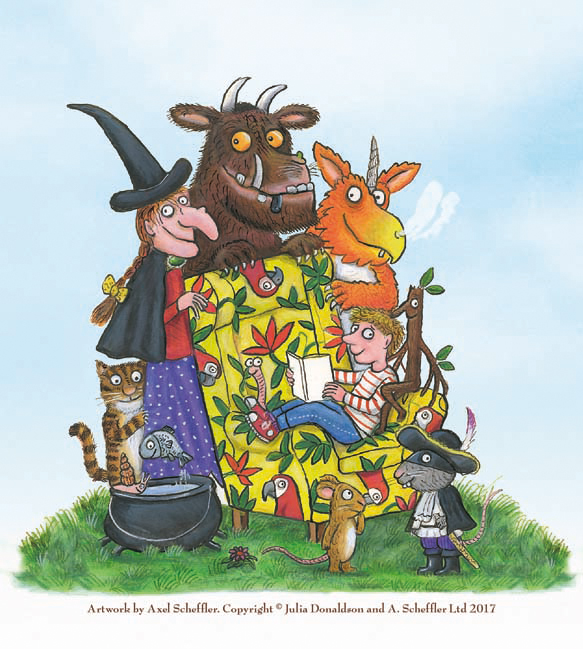It was Philip K. Dick, burning amphetamines and racing for deadlines, who first staked out the paranoiac territory of fiction where rabbit holes lead to competing realities, a frontier colonised further by the likes of Charlie Brooker’s Black Mirror. Dick, however, had a parallel career, one more down to earth in all senses of that phrase, in which the dramas were firmly rooted in the incontestable every day.
Michael Walters‘ debut novel tunes in to both these wavelengths, taking the reader from the back passenger seat of a family triangle, set in their geometry of routine irritations, out of their discomfort zone and into a holiday home pointedly beyond the electronic safety net of instant connectivity, before losing them in labyrinths both actual and virtual.
The setting is a near-future, sometime after the next war, although it’s close enough to the present day to be spared the jarring neologisms that can undermine science fiction’s seriousness of purpose. Indeed, the very physical proximity of the natural world complicates genre further, bringing the untamed pastoral crashing bloodily into the manipulations, both chemical and coded, that cut the character’s adrift from empirical reality.
The war is the ghost that haunts all six characters, although two in particular are troubled by its unquiet dead; Gabrielle, the mother of the holidaying family, and Art, their ambiguous host. Gabrielle and Art are ostensibly employee and employer, although the novel’s algorithm will slowly peel the layers of skin from this surface arrangement, revealing a more painful, more compromised relationship.
This unpeeling is skilfully mirrored by the novel’s structure, a series of shifting perspectives in which the guest family begin to come to a deeper understanding of their hosts and, in doing so, one another. In this respect, both what they attend to and what they overlook are as revealing of their characters as the adjacent realities they are ushered into.
 Always watching, the characters’ sense of unease is magnified by the feeling that they, in turn, are being watched. The titular Complex and its woodland surrounds come to seem like a surveillance state in miniature, a microcosm, perhaps, of the subtle post-war dystopia that lies beyond its bounds. Severed from the outside world, the uncanny nature of the setting is emphasised by the strangeness of its blood red fruit. Initially Edenic, its gardens are subject to accelerated seasons, accentuating the complementary moods of isolation and claustrophobia, so that the tricky geometries of the house and gardens increasingly resemble the untrustworthy architecture of Shirley Jackson’s The Haunting of Hill House.
Always watching, the characters’ sense of unease is magnified by the feeling that they, in turn, are being watched. The titular Complex and its woodland surrounds come to seem like a surveillance state in miniature, a microcosm, perhaps, of the subtle post-war dystopia that lies beyond its bounds. Severed from the outside world, the uncanny nature of the setting is emphasised by the strangeness of its blood red fruit. Initially Edenic, its gardens are subject to accelerated seasons, accentuating the complementary moods of isolation and claustrophobia, so that the tricky geometries of the house and gardens increasingly resemble the untrustworthy architecture of Shirley Jackson’s The Haunting of Hill House.
Walters’ handling of the vanishing thin lines between the real and the hallucinatory is especially sure, his cast’s rootedness in psychological plausibility ensuring that when they seem to slip from dreams within dreams to a wakefulness that remains shadowed by night terrors, it always feels like something is at stake.
Following such painstakingly calibrated tensions, amid such thematic richness, the denouement – for me – fails to land a killer blow in proportion to the gut-punch reveals of the chapters which lead up to it. In the end, a teasing ambiguity aside, the nightmares and their presumptive architect are banished a little too easily. Nevertheless, this is a fine debut, one that prises open the guesswork that makes the inner lives of others appear less unknowable and quietly insists that to go beyond that is to go too far.
The Complex by Michael Walters is published by Salt and available to buy now.











